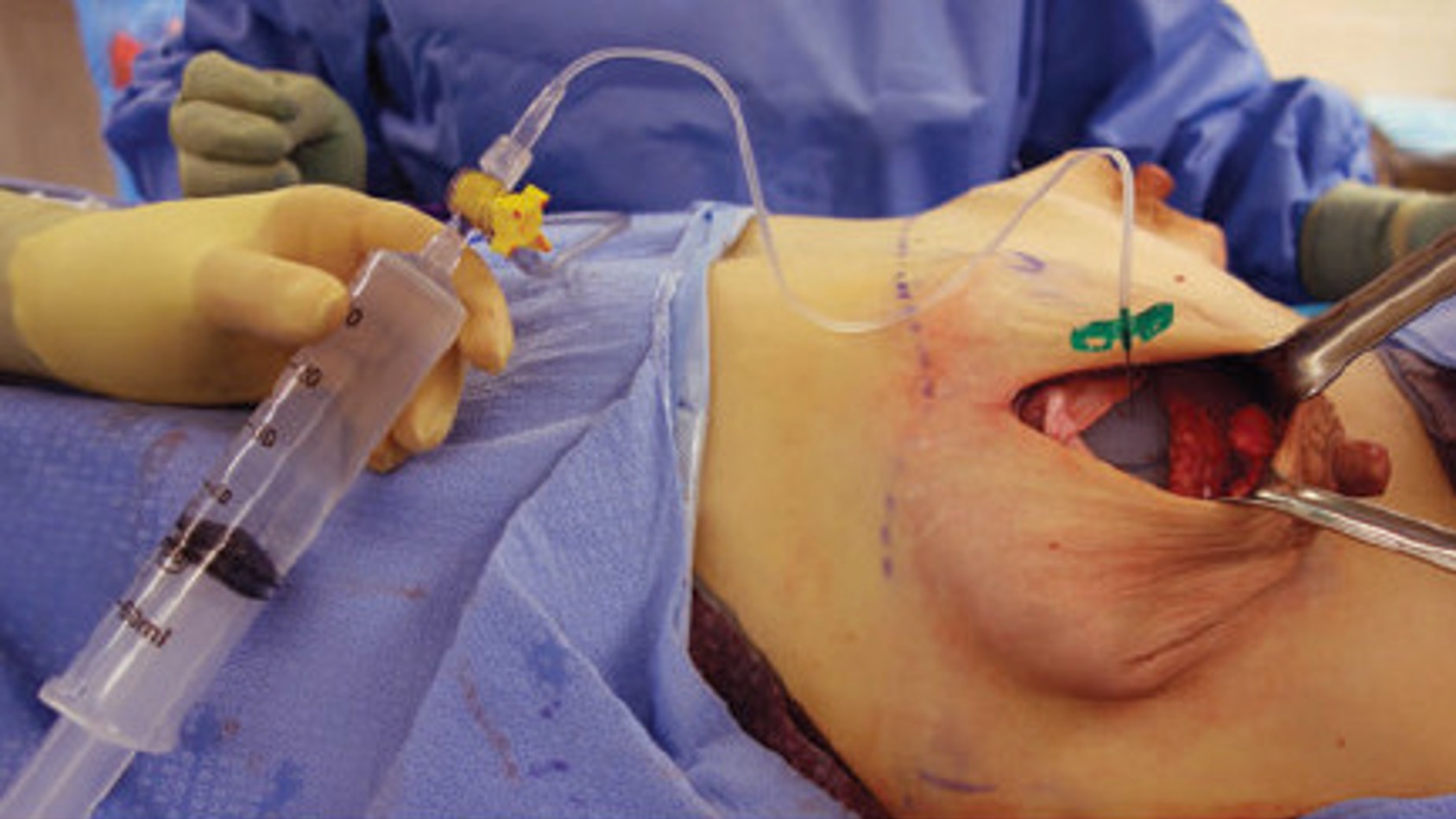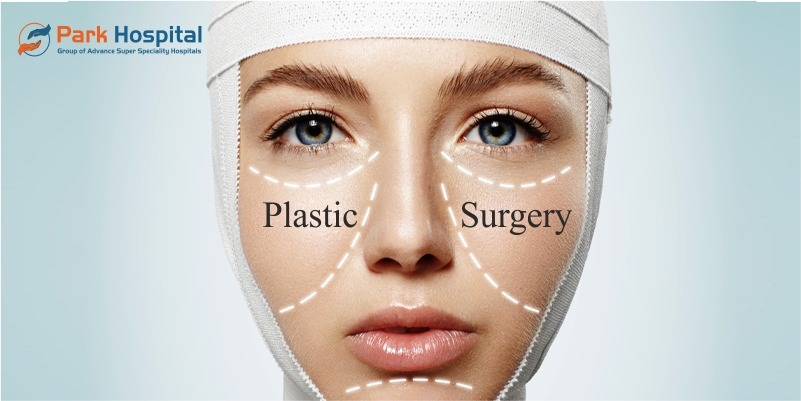The Impact of Self-Image on Decision-Making: Reasons Many Individuals Seek Cosmetic Surgery for Physical Transformation
The interaction between self-image and decision-making is a complicated phenomenon, especially obvious in the boosting fad of people selecting plastic surgery as a way of physical transformation. Encouraged by a need to meet societal expectations and individual suitables, many individuals come to grips with concerns of self-worth that can considerably impact their selections. As external stress from social media and social norms escalate sensations of inadequacy, a crucial concern develops: what are the underlying psychological factors that drive this quest of transformed appearances, and what effects do these choices hold for individual identity and wellness?
Recognizing Self-Image
Self-image refers to the psychological picture and understanding an individual holds about themselves, incorporating aspects such as physical appearance, characteristic, and general self-respect - mommy makeover rancho cucamonga. This inner depiction significantly influences just how people engage with the globe and can be a driving force behind numerous life options, consisting of the decision to undergo plastic surgery
A positive self-image often correlates with greater self-worth and a sense of self-confidence, cultivating a positive approach to life. Alternatively, an adverse self-image might bring about feelings of insufficiency and discontentment, triggering people to look for outside remedies to perceived imperfections. This pursuit for renovation can show up in the need for physical change via cosmetic procedures.
The prevalent nature of media and peer comparisons can amplify sensations of insecurity, motivating people to modify their look in quest of approval or approval. Understanding these dynamics is vital in understanding the motivations behind cosmetic surgery.
Emotional Aspects at Play
Countless emotional elements influence an individual's choice to go after cosmetic surgical treatment, often rooted in much deeper cognitive and psychological procedures. One significant element is low self-confidence, which might arise from negative self-perceptions or frustration with one's look. Individuals with reduced self-respect may believe that altering their physical features will boost their overall worth and approval in social contexts.
Additionally, the principle of body dysmorphic disorder (BDD) plays a crucial function. People dealing with BDD experience an obsessive emphasis on perceived defects in their appearance, leading them to seek medical treatment as a service. This uncontrollable need for makeover can substantially misshape their self-image, driving them to pursue treatments regardless of the potential for unfavorable results.
Societal Stress and Assumptions
A significant impact on people' choices to undertake plastic surgery originates from social pressures and expectations that infuse modern culture. In an era controlled by social networks and consistent aesthetic direct exposure, idyllic standards of charm are frequently showcased, producing a pervasive environment where physical look is extremely inspected. Such standards usually dictate what is thought about attractive, leading people to feel urged linked here to satisfy these suitables.
Additionally, the normalization of cosmetic improvements in pop culture even more worsens these stress - mommy makeover rancho cucamonga. Celebrities and influencers freely discussing their surgical treatments can produce an assumption that such modifications are not only appropriate however desirable. This sensation can create feelings of inadequacy in people who may feel their all-natural look does not align with societal standards
Additionally, the influence of colleagues can not be overlooked. People might run into direct or indirect pressure from close friends or household, resulting in a communal recognition of cosmetic surgery as an acceptable ways to achieve an idyllic self-image. Subsequently, these social assumptions can dramatically impact personal decision-making procedures, frequently overshadowing inherent motivations for self-improvement and cultivating a culture where physical makeover is gone after as a remedy for regarded imperfections.

Study and Personal Stories
Numerous people have actually shared their individual journeys concerning plastic surgery, exposing a complicated interplay in between self-perception and societal influences. For example, a 34-year-old lady described how years of feeling inadequate because of her nose led her to look for nose surgery. She reported that after the treatment, her self-confidence rose, permitting her to involve more easily in social circumstances and advance her occupation. Yet, she acknowledged that her decision was greatly affected by media portrayals of charm.
In a similar way, a male person in his late twenties recounted his fight with body link dysmorphic problem, which prompted him to go after liposuction surgery. His experience highlighted not only a need for physical makeover however additionally a desire for acceptance amongst peers. Post-surgery, he revealed a renewed sense of self-respect, albeit with the understanding that interior validation ought to come before exterior modifications.
These case researches highlight a wider trend: individuals often check out plastic surgery as a pathway to boosted self-image. Nevertheless, the narratives additionally expose an important perspective on the stress and expectations that form these decisions, suggesting that individual stories are deeply linked with social standards and values.
Alternatives to Cosmetic Surgical Treatment

Skin care therapies, consisting of check that chemical peels and microdermabrasion, can improve skin appearance and tone, resolving worries like acne scars or irregular pigmentation. In addition, laser therapy is a reliable approach for targeting particular skin problems, such as sunlight damage or vascular lesions, advertising a much more vibrant look.
For those seeking body transformation, non-invasive fat reduction strategies like CoolSculpting can assist remove persistent fat down payments without surgery. Health and fitness programs and dietary therapy are also important devices for individuals aiming to attain a much healthier body photo. Ultimately, these alternatives can supply considerable results while lining up with personal convenience degrees and choices, fostering a favorable self-image without the durability of cosmetic surgical treatment.
Final Thought
Individuals often seek physical transformation in an attempt to improve self-worth and line up with regarded requirements of beauty. By discovering choices and cultivating a healthier self-image, people may find more lasting pathways to self-acceptance and wellness.
The interaction in between self-image and decision-making is a complex phenomenon, specifically noticeable in the increasing trend of individuals choosing for cosmetic surgical procedure as a method of physical improvement.Many emotional variables affect an individual's choice to seek cosmetic surgery, often rooted in much deeper psychological and cognitive procedures.A considerable influence on people' choices to go through cosmetic surgical treatment stems from social pressures and expectations that suffuse contemporary society. Individuals may run into indirect or direct pressure from friends or family members, leading to a common validation of cosmetic surgical procedure as an acceptable means to accomplish an idealized self-image.Many people have actually shared their personal journeys concerning cosmetic surgical treatment, revealing a complex interplay in between self-perception and social influences.